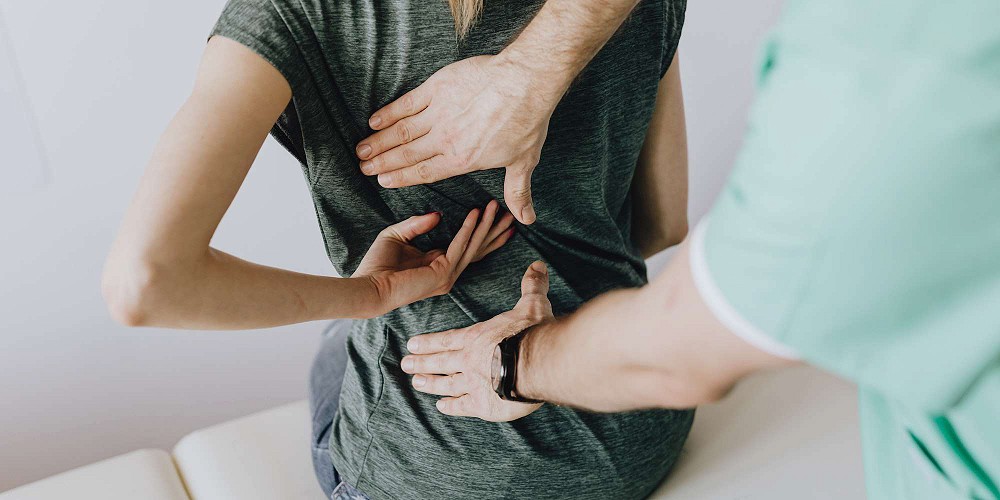Injectable Therapy (Part 1 of 2): Prolotherapy, PRP, and Cortisone
Article by Dr. Kelly Robertson
Nearly 8 million Canadian residents are living with the diagnosis of chronic pain1. Living with pain can impact one’s abilities to participate in activities of daily living—such as work, school, and socialization. There are many possible branches of treatment for chronic pain, and this article highlights the positive role that injectable therapies can have.

What are my options?
Prolotherapy:
Prolotherapy is a regenerative injection therapy. It provides an alternative, non-surgical solution for those experiencing chronic pain or musculoskeletal complaints. It consists of injecting a dextrose solution into the damaged tissues thereby stimulating an immune response allowing for new tissue growth and strengthening. There are many scientific studies highlighting the benefits that prolotherapy has on reducing pain scores in those experiencing chronic pain2 and for those living with fibromyalgia4.

Platelet Rich Plasma (PRP):
PRP is a regenerative therapy that is used to treat chronic and acute injuries of tendons, ligaments, and muscles. PRP injections are derived from the body’s platelets, growth factors, and stem cells and stimulate the body’s innate ability to heal itself3. PRP is commonly used for degenerative conditions such as osteoarthritis and chronic joint pain. PRP reduces pain scores and provides a degree of protection for the remaining joint cartilage3.
Cortisone injections:
This is the most widely known of the injectable pain therapies. Cortisone injection treatments provide a potent anti-inflammatory effect which reduces the experience of musculoskeletal pain. This injection therapy can assist in the treatment of joints, tendons, muscles, and fascia. Commonly treated conditions include: arthritis, synovitis, bursitis, tendonitis, and fasciitis. Corticosteroid injections provide a quick resolution of pain while considering adjunct treatment options to address the direct cause of the pain.
Check out the next article in this series (Article # 2) where we cover Hyaluronic Acid, Perineural Injections, & Trigger Point Injections.
References
2. https://pubmed.ncbi.nlm.nih.gov/33348947/
3. https://www.nature.com/articles/s41598-021-83025-2
4. https://academic.oup.com/qjmed/article/113/Supplement_1/hcaa064.008/5829461
You May Also Like...
-
 ArticleView Post
ArticleView PostTreating Chronic Pain
Chronic pain is often misunderstood, both in the health care community and among the general public. So what is it, and what causes chronic pain?
-
 ArticleView Post
ArticleView PostImproving & Managing Osteoarthritis
These tips can help improve and manage symptoms of osteoarthritis, the most common form of the 100+ variations of arthritis.
-
 ArticleView Post
ArticleView PostNeck Pain: Causes & Treatment
Have you ever woken up with a stiff or aching neck, unable to turn your head, thinking ‘where did that come from?’